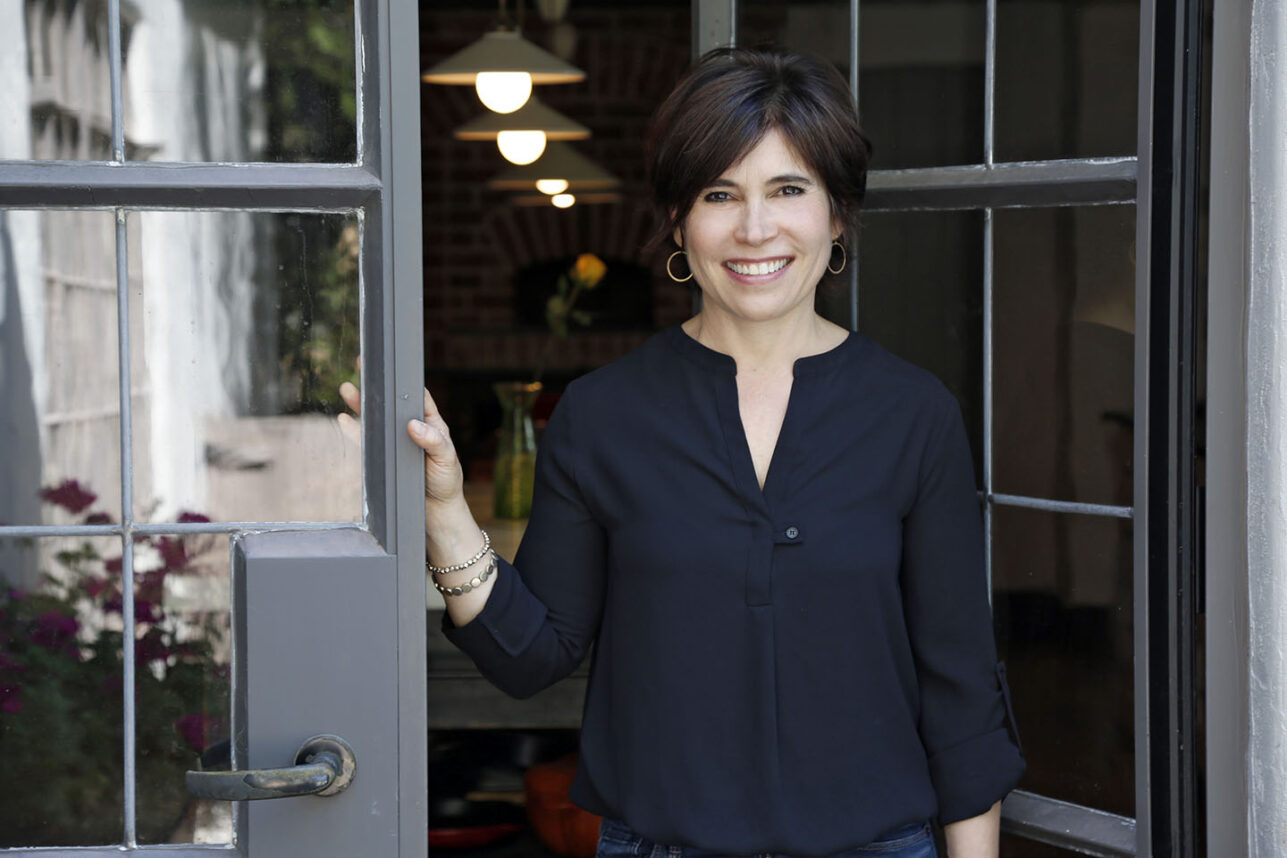
“God save this retired Harvard honorable professor,”
to Ruth Wisse, who’s now an emerita,
this poet, though unliberally the lady’s lesser,
ripostes Republicanly. Though she is femmerita,
she expresses lucidly in prose what I
most clumsily attempt to write in rhyme,
and in the next two verses I will tell you why.
Though I’m unknighted, her views with mine chime,
close to an alleged midnight of democracy
in Israel. Like her I don’t see as a crime
attempts to curb heretical theocracy
that’s not based on a Torah rule or Montesquieu,
but on politically radical hypocrisy.
False staffs of leftist leaners may oppose my point of view,
but close to midnight my views rhyme with viva vocracy.
In the 2/16/13 WSJ, Ruth Wisse writes an article condemning the condemnation of an Israeli government to curb the power of the judiciary (“God Save This Honorable Court, but Not That One Leftist elites declaim against the power of the U.S. Supreme Court while trying to preserve judicial supremacy in Israel”):
This week thousands of left-leaning Israelis demonstrated against their government for threatening to reduce the supremacy of their Supreme Court. A week and a half earlier, Daphna Renan, a native Israeli and newly chaired professor at Harvard Law School, used her inaugural lecture to argue that “we have to reject the idea that judicial supremacy is an essential ingredient of federal authority.”
The lecture reprised “The Supreme Court Is Not Supposed to Have This Much Power,” an Atlantic essay Ms. Renan wrote last June with her Harvard colleague Nikolas Bowie. There they trace the idea of judicial supremacy to the post-Civil War era, when “white people who wanted to undo Reconstruction and the rise of organized labor” tried to “harness the power of an entrenched minority and use that power to undermine the more democratic legislative branch.”
Ms. Renan seeks a separation of governmental power that is more grounded in “the messy, contingent, provisional practices of Congress and the presidency.” Her aim is to secure a more egalitarian system of government that can be achieved only through instruments of republican self-rule and representative democracy and thus requires the judicial branch to hold less power.
How can matching parts of the Israeli and American electorates be so divided on this fundamental issue? American Jews, most of whom vote Democratic, are assumed to favor the Israeli left. The election of Benjamin Netanyahu’s right-leaning government touched off the same sort of panic in Israel that Donald Trump’s 2016 election did in similar sectors of America. Some Israelis were so confident of this alignment that they recently published in the Times of Israel a Feb. 2 open letter “to Israel’s friends in North America.” The letter asked Americans to help prevent Mr. Netanyahu’s government from eviscerating the independence of Israel’s judiciary, “the only body capable of protecting citizens from the tyranny of a majority.”
Ms. Renan, who worked for the Obama campaign and clerked for Justice Ruth Bader Ginsburg, presumably typifies the friend these Israelis have in mind. How then could they be asking for help in maintaining the absolute power of the Israeli Supreme Court from Americans who want to claw away such power from the U.S. Supreme Court?
The answer lies not in the judiciaries but in their contrasting political roles. Jews, who were politically dependent for two millennia, tended to invest authority in the rabbinate rather than any national government. Israel’s Supreme Court has constituted itself as the secular counterpart of rabbinic authority, claiming absolute power over both the rabbinate and the elected government. The justices, who control appointments to the court, were initially graduates of a single law school in Israel, and they are still trained by the Israeli equivalents of Harvard and Yale. In the much smaller country, the elites are even more uniformly left-leaning than in America.
As a consequence, the Israeli left has come to see the Supreme Court as its ally and a bulwark against the government, especially when a conservative coalition has strong religious representation. Critics, however, protest that the judiciary holds greater power in Israel than in any other Western democracy. “In the court’s own view,” writes historian Gadi Taub, once a spokesman for the left, “there are literally no limits to its authority. It recognizes no limits on standing, and it exercises judicial review over any government action and any and all legislation, including judicial review of what the court itself declared to be Israel’s constitution—our so-called ‘Basic Laws.’ ”
In the absence of a written constitution, Israel’s Supreme Court insists that its power transcends the power of other branches of government. This contrasts with the balance of power among the three American branches.
It was therefore unwise of President Biden to caution Israel on what is really none of America’s business: “The genius of American democracy and Israeli democracy is that they are both built on strong institutions, on checks and balances, on an independent judiciary. Building consensus for fundamental changes is really important to ensure that the people buy into them so they can be sustained.” What Israel actually seeks is to establish healthier checks and balances where none exist.
America’s highest court, in contrast to Israel’s, is the most obvious bulwark against such causes as substituting egalitarian outcomes for equal rights that are currently popular on the left. It is thus no surprise that some Democrats want to reduce the U.S. Supreme Court’s power when conservative justices seem to hold sway. This asymmetry is warning enough against attempts by Americans—Jewish or otherwise—to interfere in the workings of a fellow democracy that is differently constituted and faces different challenges. No Israeli can pretend to be a proponent of democracy if he invites such interference.
In “Is Bibi’s ‘Override Clause’ Jewish? Ask the 14th-century sage Rabbi Nissim of Girona,” Tablet, 2/15/23, Warren Zev Harvey, Professor Emeritus in the Department of Jewish Thought at the Hebrew University of Jerusalem where he has taught since 1977, writes:
What is this curious “override clause” that Israeli Prime Minister Benjamin Netanyahu’s new government is trying so hard to legislate, and liberal Israelis are trying equally hard to prevent? In essence, it means that the Knesset, with a simple majority vote of 61 to 59, can cancel or “override” a ruling of the Israeli Supreme Court; for example, it can reenact a law struck down as unconstitutional by the court. Those who support the override clause say it is important to give primary power to the popularly elected government and not to the elitist justices, who were chosen by a committee and not elected by the people. Those who oppose the override clause agree with Ahad Ha’am that what makes us Jews is our commitment to the biblical commandment, “Justice, justice thou shalt pursue” (Deuteronomy 16:20).
But was there ever such a thing as the override clause among the medieval Jewish philosophers? Whenever this question is asked, the immediate answer is “No, of course not!” Medieval Jewish philosophers loved controversy and disagreed about every subject under the sun, except for one—the primacy of the judges over the sovereigns. Nonetheless, there was one medieval Jewish philosopher who thought in constitutional terms strikingly similar to those of de Tocqueville. He wrote at length about the relative powers of the judges (the judicial branch) and the kings (the executive branch). He did hold a sort of override clause. I am thinking of Rabbi Nissim ben Reuben of Girona (d. 1376), known by acronym as RaN, a preeminent Talmudic scholar and the most important Jewish political philosopher between Maimonides in the 12th century and Don Isaac Abrabanel in the generation of the Spanish expulsion.
Rabbi Nissim argues in his “Homily on Justice” (Derashot, ch. 11) that the vocation of the judges is to judge in accordance with “righteous judgment” (Deuteronomy 16:18), while that of the kings is to preserve national security. He then pushes this distinction in a radical way that was unprecedented in the history of legal philosophy. The judges, he insists, possess the authority to judge only with righteous judgment; that is, they have no authority whatsoever to judge according to utilitarian or consequentialist considerations. They must judge according to the good in itself and the just in itself. Their considerations, in the language of the philosophers, must always be deontological. The kings, however, who are charged with the preservation of national security, do possess the authority to act according to utilitarian or consequentialist considerations.
Rabbi Nissim writes that when there is a grave threat to national security, the king has the authority to overturn or “override” the ruling of the judges. He gives as an example a dangerous murderer whom the judges cannot convict owing to procedural concerns (for example, there were not two witnesses). Rabbi Nissim explains that the judges rightly cannot execute him since “righteous judgment” requires strict observance of evidence law. However, the king has the authority to “override” their decision, and to sentence the murderer to death in order to preserve national security (cf. Maimonides, Laws of Kings 3:10). In times of dire emergency, the king invokes the “override clause.”
Rabbi Nissim’s discussions of the relative powers of judges and kings usually concerned the Jewish Sanhedrin and the Israelite kings, but also sometimes concerned gentile judges and kings. His sharp distinction between the roles of the judges and kings reflects his own philosophy of law and is prescriptive rather than descriptive. Historically, no polity, Jewish or non-Jewish, has ever adopted Rabbi Nissim’s approach. No historian corroborates his claim that the Sanhedrin was authorized to rule only according to deontological considerations.
Quite obviously, Rabbi Nissim’s “override clause” is very different from the one proposed by Israel’s government today. According to Rabbi Nissim, the king does not cancel or reenact any law, but merely overturns one particular decision of the judges in response to extraordinary circumstances at a given time (kefi tsorekh ha-shaʿah). Moreover, the king, according to Rabbi Nissim, does not say that he is acting in the name of true justice. On the contrary, he fully admits that in sentencing the murderer to death he is blatantly contradicting “righteous judgment,” but justifies his action by citing the urgent need to preserve national security.
Gershon Hepner is a poet who has written over 25,000 poems on subjects ranging from music to literature, politics to Torah. He grew up in England and moved to Los Angeles in 1976. Using his varied interests and experiences, he has authored dozens of papers in medical and academic journals, and authored “Legal Friction: Law, Narrative, and Identity Politics in Biblical Israel.” He can be reached at gershonhepner@gmail.com.























 More news and opinions than at a Shabbat dinner, right in your inbox.
More news and opinions than at a Shabbat dinner, right in your inbox.